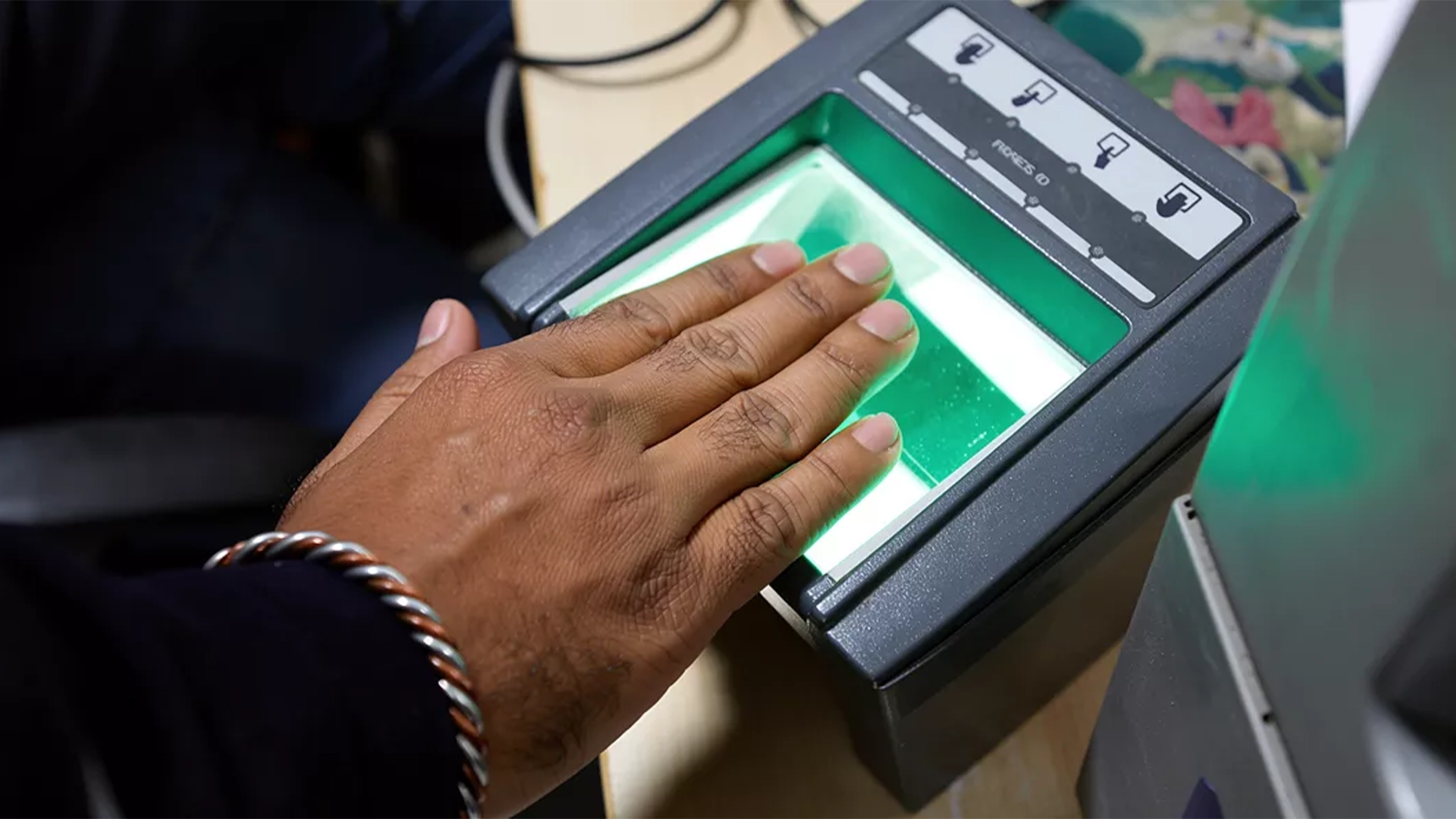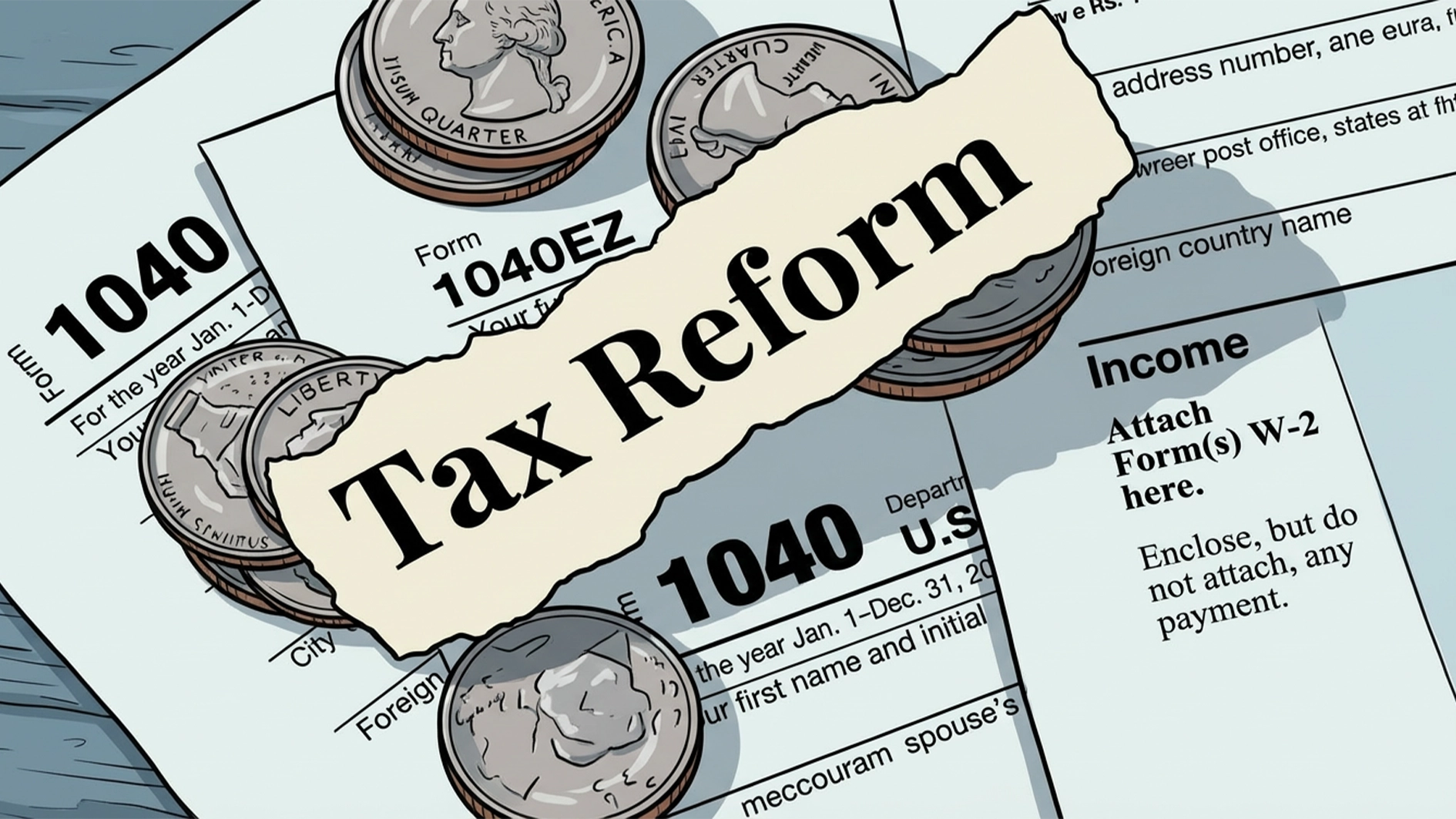
• CBN closes window until outstanding is cleared
• Naira sustains slide, trades around N1,800/$
• ‘Clampdown on BDC operators may escalate crisis’
• Shettima attributes crisis to poor, inefficient MDAs
The unorthodox steps being taken by the federal government to reign in the free fall of naira may push the economy deeper into crisis, as concerns are rife about the effectiveness of government’s intervention to stem the raging naira crisis.
This comes as naira dipped to around N1,800/$ at the parallel market yesterday while N2,250 is needed to get a Pound Sterling.
In the face of the falling naira, the government may have met a brick wall in bridging the liquidity gap as it commences implementation of the 2024 budget. The Central Bank of Nigeria (CBN) is said to have closed the ways and means (W&M) window against the government until the outstanding sum is cleared.
The insistence has raised fundamental questions about the reported restructuring of the outstanding value estimated at over N23 trillion where the CBN was issued a bond and the debts moved to the Debt Management Office (DMO) portfolio for management.
Still, the Federal Government is said to have commenced the process of auditing the CBN overdraft with the intent of knowing the actual amount and its uses. The audit may require the government to delve into the financial commitment of the immediate past administration, which raised the value of W$M from N790 billion to about N23.72 trillion.
To check the free fall of naira, the government through the Economic and Financial Crimes Commission (EFCC) reactivated its clampdown on the Bureau de Change (BDC) operators who are believed to be involved in speculative activities.
While it is unclear how exactly the raid on the BDC operators would shore up the value of the naira, previous raids were followed by a steep fall in the local currency.
In 2021, then Central Bank Governor, Godwin Emefiele, threatened to arrest the owner of Aboki FX, a platform that publishes the naira’s exchange rates to other currencies. Emefiele claimed that the website was manipulating the naira’s value and causing it to decline.
Subsequently, some arrests only succeeded in fuelling the confidence crisis and plunged the currency.
Experts are of the view that “trust and liquidity rather than guns” is what FX market needs to firm up naira.
On Monday, the operatives of the EFCC stormed the popular Zone 4 and arrested some BDC operators in its bid to halt the sliding naira.
In the past when the EFCC arrested BDC operators, they ended up releasing them because there were no charges to sustain prosecution.
The anti-graft agency ended up granting those arrested administrative bail. A check on the EFCC indicated that no BDC operator has been charged to court.
A BDC operator at Zone 4, Wuse in Abuja, Subair Sanusi, said the EFCC is sending the wrong signals to the business community.
He argued that the government is adopting a wrong approach to tackle the continued slide of the Nigerian currency, the naira.
“Last year, EFCC arrested some of our members and later granted them administrative bail. About 50 people were arrested on Monday and will be given bail too because the EFCC lacks evidence to charge them. Though there are allegations of extortion by some people, I cannot confirm the authenticity of the claim. Are the BDCs not patronised by those in government? Why won’t the EFCC stop those who patronise the BDCs if they are serious? We all know that the major problem here is short supply.
“Once there is a shortage, there will be hoarding and other kinds of malpractices. The government is also sending a wrong signal to the international community about the existence of jungle justice where there is no rule of law. All these actions will further push the naira downward,” the operator said.
To push through its reform agenda of injecting the much-needed cash into the economy will require the Federal Government to continue to borrow. This is the opinion of the Director of Obsidian Archenar Nigeria, Kelvin Emmanuel.
He raised the alarm that Nigeria’s apex bank may be ‘technically insolvent’ going by what is happening in the financial space.
His explanation: “The Central Bank of Nigeria is technically insolvent. In my estimate, it owes at least N15 trillion in revaluation losses from forwards and swaps to local and international banks. It has a net negative reason owing from years of illegal money printing to finance government deficits through ways and means, and the ensuing debt it incurred trying to defend the peg.
“As we speak, the CBN does not have a positive net reserve ratio, more so meeting up with the Guidotti benchmark that requires them to hold a net reserve ratio that is equivalent to the balance of payment levels for the year, which I estimate to be around $7 billion.”
He maintained that to stem the unpleasant tide, President Bola Tinubu needs to get an emergency loan through a foreign support line for intra-central bank lending of between eight and $10 billion to clear the remaining backlog of $2.2 billion and meet fresh obligations in commercial letters of credit, capital and dividend remittances and form A requests.
Emmanuel added: “While we address all the minor steps that the Federal Government can apply to immediately alleviate the galloping inflation that is ravaging Nigerians, we need to realise that the real driver of the chaos we are seeing today is the impact of exchange rate on every level of the economy.”
According to Chief Executive Officer of MOFI, Dr Armstrong Takang, government-owned entities could have been a saving grace if they had been well managed over the years.
Speaking yesterday in Abuja at the Public Wealth Management Conference organised by the Ministry of Finance Incorporated (MoFI), Takang said the 1959 Act that established MOFI states clearly that the roles of government in policy-making should be distinct from its role as a regulator and should also be clear as a shareholder in an enterprise, saying MOFI was established to be the shareholder of Federal Government in business entities.
On why government entities continually fail to deliver on their mandate, especially profitability, Dr Takang blamed lack of governance structure for the monumental failures.
His words: “The Federal Government did not at any point establish a governance structure that will guide how the businesses should be governed and ensure that they deliver value. None of that happened. We saw that many of these enterprises underperformed and went into liquidation. Many of them were privatised under market value.”
In the same vein, the Federal Government said it would soon send a bill to the National Assembly that is aimed at radicalizing taxes and taking all nuisance values away from the public sector.
The Minister of Finance and Coordination Minister of the Economy, Wale Edun, hinted yesterday that the Federal Government would audit the outstanding W&M.
The minister added that the new tax law will authorise the removal of all taxes and levies that constitute a nuisance from the country’s tax systems.
He added: “The CBN Governor has said it will not allow new W&M to the Federal Government until the one it owes is settled. That also means the government must take stock of the ways and means to determine the actual figure.”
He noted that the government is exploring options for raising additional sources of revenue as hardship escalates in the country.
His words: “On December 30, we were mandated by the National Assembly to go out and bring revenue into government covers. We have used technology; we have used digitisation such that we have laid the foundation for all the revenues due to the federal government to come to it.
“In addition, we are looking at ensuring that revenues that are due to the government, even from the corporate sector, from individuals are efficiently brought in. We have a fiscal and tax reform committee that is going to revolutionise and radicalise taxes and take all the nuances and value away from the public sector. It is going to reduce the tax bills we have to a handful of items. All the levies and fees particularly the ones that are directly controlled by the Federal Government will all be removed. Everything is being done to ensure there are no revenue leakages.”
Edun added that the government is also implementing a robust expenditure framework that removes the leakages, removes double-counting, and removes payments to people that are not supposed to get such whether it is on duty waivers to tax incentives and expenditures of government on contracts and supplies as a way of avoiding the need for Ways and Means, saying: “these are the ways the government intends to get its way out of ways and means.”
While admitting that exchange rate management, money supplies, and interest rates are under the purview of the Central Bank of Nigeria (CBN), he assured that the apex bank is making every effort to bring stability to the foreign exchange market.
“The Federal Government is doing all it can to increase the supply of foreign exchange. It shows that there are many ways out of a difficult situation, and we are getting out of it. We have a strategy, not just the reforms, but a consistent set of actions that are meant to stabilise the economy, bring down inflation, bring out the interest rate and boost investment.”
In his address, Vice President Kashim Shettima lamented the ineffectiveness and underperforming state of most government assets.
He said: “Government assets run into trillions of Naira and are spread across many sectors. However, there are no accurate records and this has resulted in underutilisation, mismanagement and loss of revenue. The restructuring of MOFI represents a new chapter of focussing on our public wealth for optimisation.”






